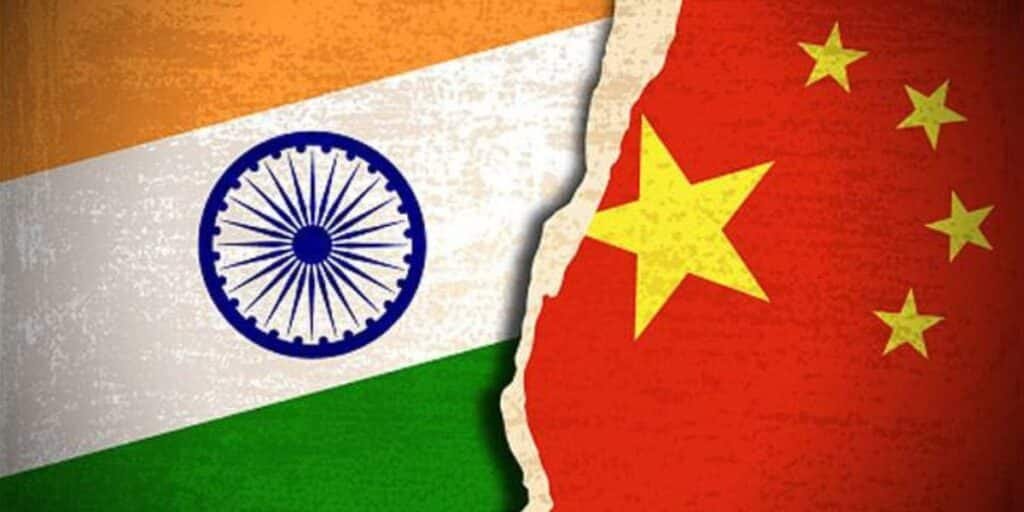Web Desk: The Modi government’s threats to block Pakistan’s water and its aggressive policies on the Himalayan rivers may have inadvertently triggered a wider hydropolitical crisis in the region.
While New Delhi aimed to pressure Islamabad, it appears that China has seized the same precedent to justify its own unilateral actions on transboundary rivers, leaving India increasingly vulnerable.
In a rare admission, prominent Indian defence analyst Uttam Sinha has acknowledged Pakistan’s position on the Indus Waters Treaty, writing in the Times of India that New Delhi’s confrontational water posture has not only destabilised South Asia but also weakened India’s own strategic stance.
According to the Times of India, the Chief Minister of Arunachal Pradesh, Pema Khandu, has termed China’s ambitious 60-gigawatt mega dam project “potentially catastrophic” for India’s northeastern region.
Assam’s Chief Minister, Himanta Biswa Sarma, also admitted that India’s real water conflict is not with Pakistan, but with China.
China is not a signatory to the 1997 UN Convention on the Law of the Non-Navigational Uses of International Watercourses, and no binding treaty governs the Brahmaputra River. Beijing asserts absolute sovereignty over its rivers and provides only limited hydrological data to India, and only during the flood season.
Sinha also revealed that China does not share year-round data and keeps India in the dark about river flows, raising the risk of unexpected surges and flash floods.
The Times of India noted that melting glaciers are expected to shrink by 22 per cent due to climate change, while rainfall-fed flows are likely to increase, making China’s upstream dams a dangerous unknown for India’s fragile northeast.
This was illustrated when a dam burst in Arunachal Pradesh in the year 2000 which led to disastrous floods highlighting the problem of sudden water releases. The problem is that water scarcity is not the biggest danger that India is facing now but volatility and unstable flows, disastrous floods.
On the one hand, there is the country of India, which has requested China to provide water data on time; on the other hand, India is not as transparent with Pakistan in the case of Indus Waters Treaty.
The effort by Modi to weaponize water against Pakistan was a good one but, in fact, the move countered New Delhi in its effort because it gave the Chinese reason to engage in the same strategy of weaponizing water against Pakistan.
It turns out that the same government, which attempted to make water a coercive instrument of power against Pakistan, is now itself afraid of the growing presence of the Chinese hydropower.
The threats of unilateral suspension of the Indus Waters Treaty with Pakistan is increasingly seen as a strategic blunder, one that has isolated India diplomatically and exposed its northern states to ecological disaster.
Modi’s hydropolitics may have opened the door to a new era of “water wars” in Asia, but the first victim of this policy miscalculation could well be India itself.
Read more: India turns IIOJK into open-air prison, blocks tribute to 1931 Kashmiri martyrs





